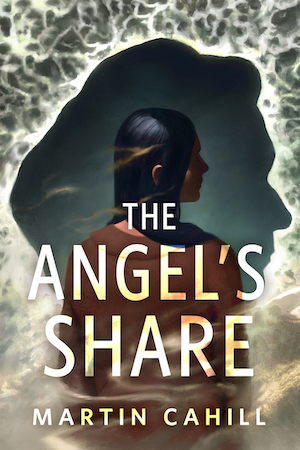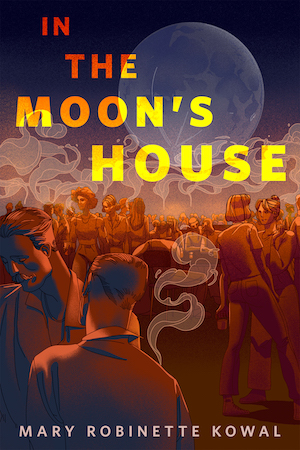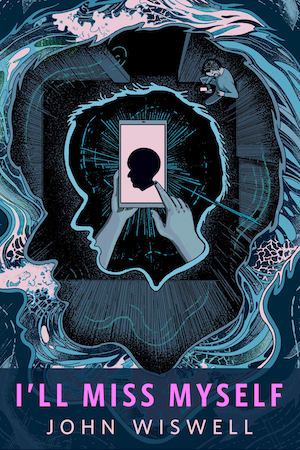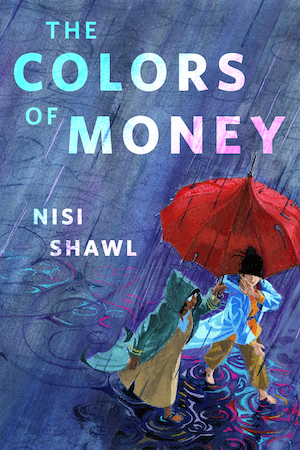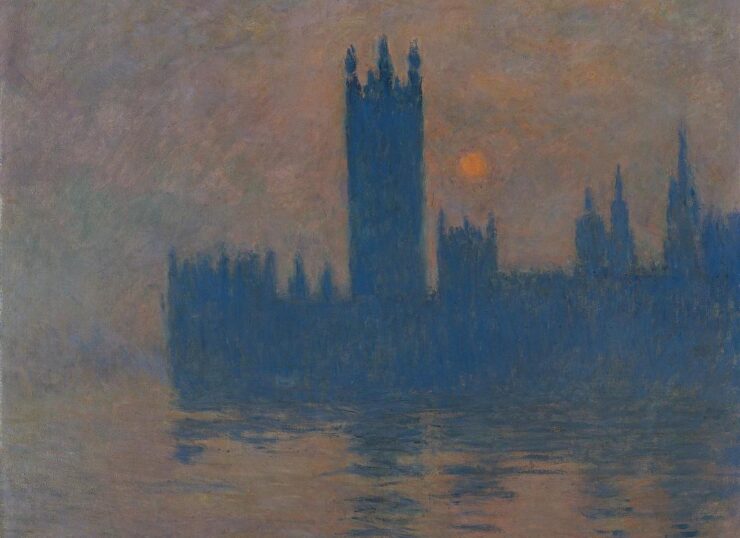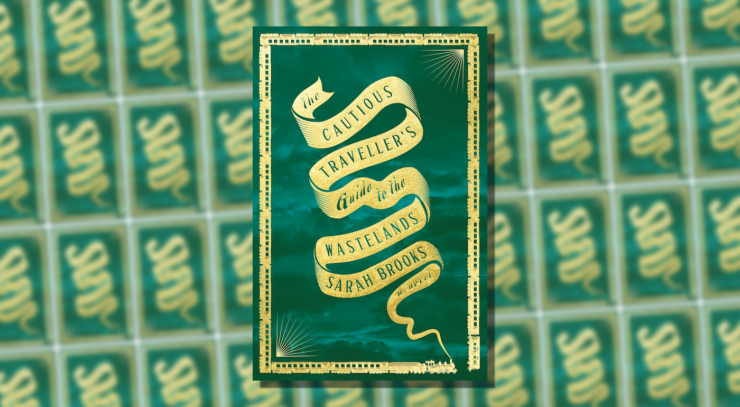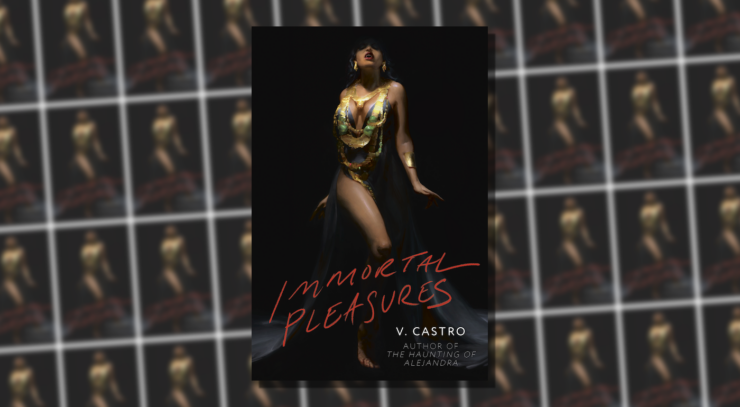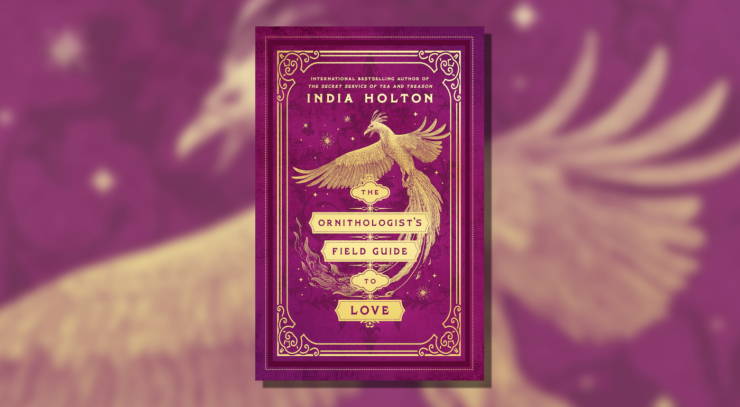Historical fantasy is a peculiar genre. Situated at the crux of fantasy—the land of the made-up, unrealistic, imaginary—and history, where everything must be fact-checked and evaluated over and over again, it doesn’t seem like a concept that should work. Historical fiction, to many, is something serious, while fantasy is more whimsical. The historical can only be twisted so far before it ceases to be faithful to what really happened and can no longer be called historical at all. By this logic, it might be considered to be the antithesis of fantasy, whose existence hinges on the fanciful question, What if?
Yet when it’s done right, historical fantasy can be truly wondrous. The fantastical elements applied to the past don’t lessen the impact of the history, but instead enhance it by casting familiar stories in a new light. With magical allegory, a book can shift the way we think; can give us brand-new ideas to consider, and force us to think more creatively and to question conventional wisdom. It takes a skilled writer to accomplish this feat—here are five historical fantasy novels which do so masterfully.
Jonathan Strange & Mr Norrell — Susanna Clarke
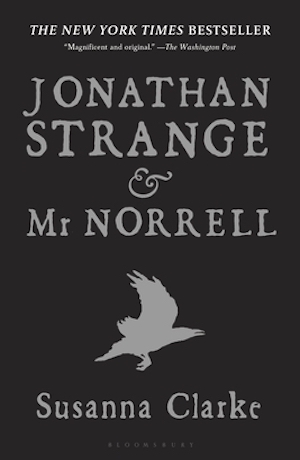
We start with a classic: the Hugo Award-winning debut novel of Susanna Clarke—who in 2021 also won the Women’s Prize for Fiction for her second novel, Piranesi. Jonathan Strange & Mr Norrell is something of a doorstopper (depending on the edition, it runs between 700 and 1000 pages, featuring lengthy footnotes); reading it requires a time investment which may deter some readers, but it’s an investment that’s well worth making. The novel is set in an alternative Regency England where magic is established but no longer commonly practised, and it follows two magicians: the elderly Mr Norrell, proud and lonely and used to being the only one of his kind; and the young maverick Jonathan Strange, whose daring, impetuous nature challenges and vexes the older man. Over the years, these two magicians maintain a complex relationship, walking the line between rivalry and camaraderie, all the while using their magic to assist with the Napoleonic Wars. Meanwhile, a delightful assortment of Dickensian side characters engage in their own adventures, and a capricious faerie wreaks havoc from London to Venice.
Rich with magic, creative blending and clever pastiche of literary tropes and conventions, and fascinating commentary on British society and ideas about “Englishness,” reading this book is like sitting down with an old friend over coffee and being regaled with wacky anecdotes from their life… if said friend were alive in the early nineteenth century. It can be chipped away at quite happily in coffee breaks and spare afternoons, though you’ll likely find yourself racing through the last 200 pages, desperate to know what happens to the cast of characters you’ve come to love.
The Shadow Histories— H.G. Parry
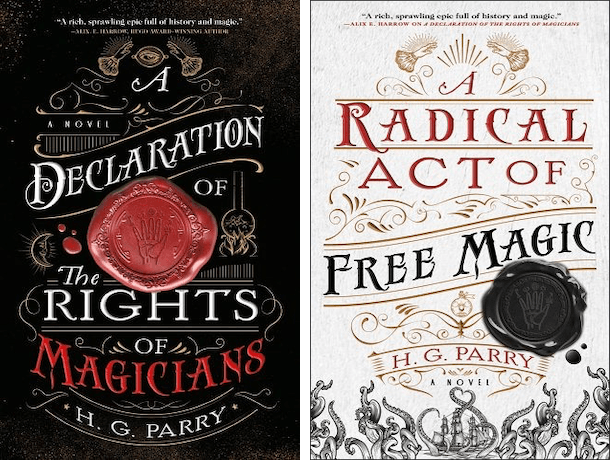
Next, a duology which spans a similar time period to Jonathan Strange & Mr Norrell, but kicks off a decade prior: The Shadow Histories by H.G. Parry. Unlike Clarke’s novel, which focuses on largely fictional characters (with a few historical cameos), Parry’s works reinvent the prominent figures of their time as wielders of great magical power. Welcome to the Age of Enlightenment as you’ve never seen it portrayed, where magic lives in bloodlines and has the power to change (or break) the world.
Book one, A Declaration of the Rights of Magicians, retells the history of the French Revolution with some magical twists. Upstart lawyer Maximilien Robespierre is a necromancer, and a sinister figure in the shadows pulls Robespierre’s strings as he rises to prominence in France. Meanwhile, across the channel in England, young prime minister William Pitt—alongside his close friend, the abolitionist William Wilberforce—is grappling with legislation around the use of magic by commoners… and trying to keep his vampirism a secret. And oceans away, Fina—not a historical figure, but one of Parry’s own creation—flees the British colony of Jamaica and finds herself caught up in the chaos of slave revolts in Saint-Domingue (soon to be Haiti).
Book two, A Radical Act of Free Magic, picks up where the first left off, introducing Napoleon at the start of his journey to power and gifting him the power to control mythical beasts (including a dragon and a kraken). Fina continues to play a pivotal role in the Haitian Revolution, while Wilberforce continues to fight for the abolition of the slave trade.
While much of the duology is fantasy, Parry has grounded her writing strongly in real history, providing both an exciting adventure to get lost in, and—for those interested in learning more about the past—a jumping-off point from which to do actual research. (Just keep in mind, when reading, that William Pitt wasn’t actually a vampire. At least, not as far as we know.)
The Kingdoms — Natasha Pulley
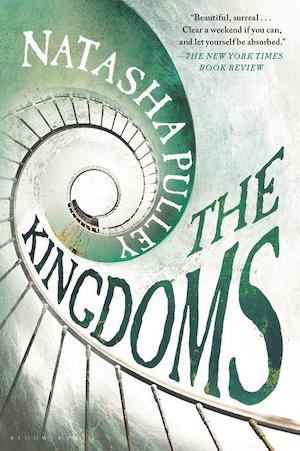
The Kingdoms by Natasha Pulley is also set around the time of the Napoleonic Wars… or at least, part of it is. Living in an alternative 1890s England—which, after England’s defeat at the Battle of Trafalgar, is now ruled by France—Joe Tournier is a lighthouse technician with a severe case of amnesia. He knows something is off about the world he’s living in, but he just can’t seem to place it. When a century-old postcard depicting a Scottish lighthouse arrives at his home, addressed to him and signed only with the initial “M,” he is left with yet more unanswered questions. What follows is a strange and intricately-plotted cross-country adventure from London (“Londres”) to Cambridge (“Pont du Cam”) to rebel-owned Scotland… with a time-travelling twist.
Pulley is best known for her debut novel, The Watchmaker of Filigree Street, which—alongside its sequel, The Lost Future of Pepperharrow—tells the tale of telegrapher Thaniel Steepleton and the clairvoyant Keita Mori, two queer men living in secret across 1880s London and Tokyo. Although The Kingdoms delves into a different period of history, it is written with all of Pulley’s characteristic flair for twists and turns, and the emotional connections forged between its protagonists are equally intense and memorable.
Babel — R.F. Kuang
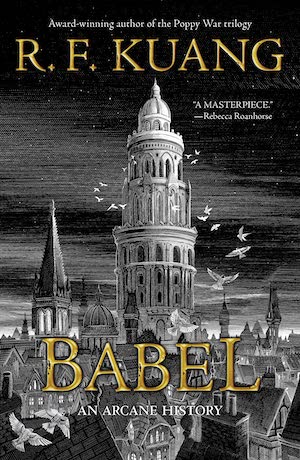
Last but not least, a book that literally everyone has been talking about this year (and with good reason): Babel by R.F. Kuang. This novel is set predominantly in 1830s Oxford, and focuses on the fictional Royal Institute of Translation: a hub of colonial power, where languages are hoarded and translated in order to produce magical effects. Protagonist Robin Swift is orphaned in Canton, and finds himself in the icy, loveless care of Professor Lovell, who wishes to train him in the prestigious art of translation. Over the course of the novel, Robin grows into a young man, and bears witness to atrocities which unravel his understanding of Babel—the tower he has been taught to view as a sanctuary and utopia.
Not only is the magic system of Babel incredibly unique, it also serves as a lynchpin for the novel’s overarching themes: of colonial evils perpetuated by the British Empire, cultural erasure, and the power of resistance. This is a book that does not pull its punches. Kuang’s dagger-sharp writing will have you by the back of the neck, unable to turn your head from the page.
***
Of course, there are many other works of historical fantasy that present alternate versions of England—and many, many more which explore the histories of other countries and places all around the world. Please chime in with your own favorite examples in the comments below.
Holly Kybett Smith is a writer based in the south of England, where she is currently studying for her MA in Victorian Gothic. A keen lover of historical and speculative fiction, she specialises in all things dark, whimsical and weird. Her work has been featured in Issue #2 of the New Gothic Review.


